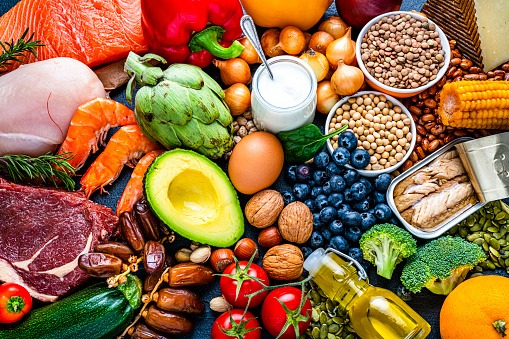Noida News : Early, light and mindful dinners can help regulate metabolism, improve sleep and support weight management. In today’s fast-paced world, late dinners are increasingly common but experts warn this habit can quietly sabotage health and fitness goals. From modern medicine to Ayurveda, the guidance is consistent: the timing of your evening meal plays a crucial role in digestion, fat burning, and overnight recovery.
Ideal dinner timing
According to Ipsita Chakravarti, HOD of Dietetics at CMRI Kolkata, dinner between 5 PM and 7 PM or at least three hours before bedtime is ideal.
This allows food to be digested before sleep, helps regulate blood glucose, improves sleep quality and boosts metabolism.
Ipsita Chakarvarti, Hod, CMRI Kolkata
The downside of late-night meals
Late dinners disrupt the body’s natural clock. Dr. Ankur Gahlot, Additional Director, Diabetes & Endocrinology, CK Birla Hospitals, Jaipur, notes that insulin sensitivity drops at night, making carbohydrate metabolism less efficient.
This can raise blood glucose levels, impair fat burning and promote calorie storage over time.
Dr Ankur Gehlot, CK Birla Jaipur
Dr. Hetashvi Gondaliya, Associate Consultant, Diabetes & Endocrinology, adds: Late eating increases ghrelin, the hunger hormone, and decreases leptin, the satiety hormone. This hormonal imbalance encourages fat storage and makes weight management harder.
What to eat for a fat-burning dinner
Timing matters, but what you eat completes the picture. Experts recommend protein- and fibre-rich meals with limited carbohydrates:
Lean meats, eggs, tofu
Leafy vegetables, dals, legumes
Whole grains
“These foods increase satiety and require more energy to digest, boosting metabolism even during sleep.
Ipsita Chakravarty
Ayurvedic expert Dr. Yogrishi Vishvketu emphasizes light, balanced dinners
He explains that after sunset, digestion slows. Heavy meals at night can create toxins and slow metabolism. In his Rishikesh and Himalayan ashrams, dinners are served before sunset, typically including dal, vegetables, and light grains in a sattvic (pure and simple) style.
For those who cannot eat early
Modern work patterns make early dinners challenging. Experts advise:
Keep meals light and protein/fibre-rich(vegetable soups, dal with small rice portions, paneer with salad).
Avoid starchy vegetables and screen-time eating, which can trigger overeating.
Practice mindful eating: eat slowly, breathe, avoid heavy/oily foods, and consider a short walk or gentle yoga afterward.
The mind-body connection
Dinner habits affect mental well-being, too. A Harvard study shows that yoga and mindfulness reduce stress-driven eating and improve sleep.
Eating too late or too heavily disturbs not only the gut but also the mind. Awareness in eating prevents imbalance.
Dr Yogrishi
Key takeaways:
Best time to dine: 6–7 PM or at least 2–3 hours before sleep
Best meal choices: Protein, fibre, light grains, vegetables, healthy fats
For late dinners: Keep meals light, avoid sugar/starch, and eat mindfully
Early, mindful, and nutrient-rich dinners are a simple yet powerful step toward better metabolism, improved sleep, and lasting weight management.

